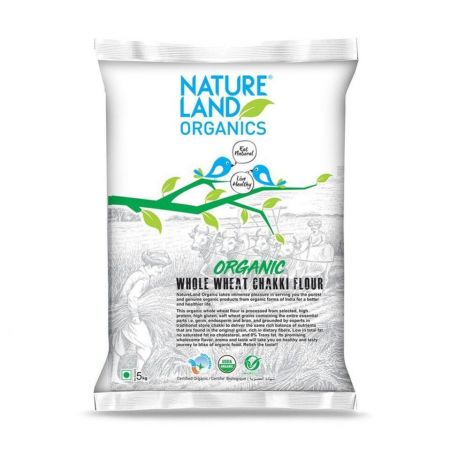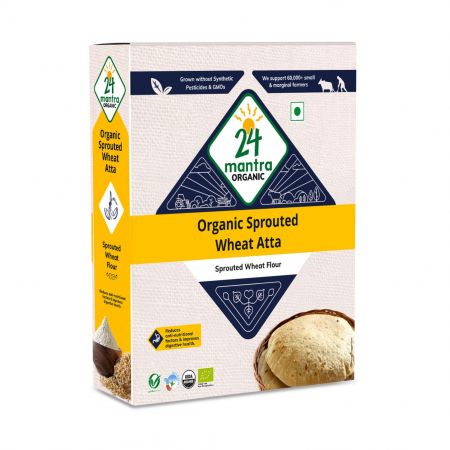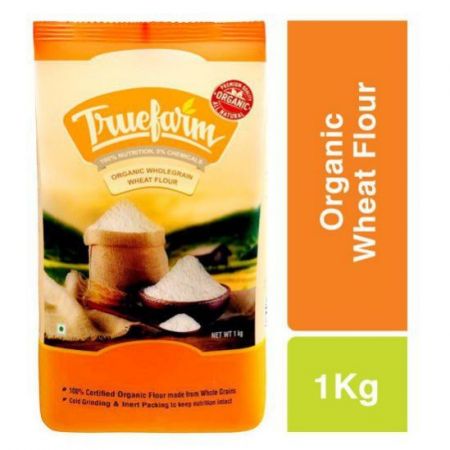In one study, sprouting wheat increased the absorption of iron by over 200% ( 16 ). Sprouted grains are higher in several nutrients, including protein, fiber, vitamin C, folate and beta-carotene. In addition, sprouting decreases antinutrients, making the nutrients in the grains more readily available to your body.
So sprouted grains have more available nutrients than mature grains,” Secinaro says. Those nutrients include folate, iron, vitamin C, zinc, magnesium, and protein. Sprouted grains also may have less starch and be easier to digest than regular grains.
The main difference between sprouted wheat and whole wheat is that sprouted wheat tends to contain more nutrients than whole wheat. Sprouted wheat and whole wheat are available as flour, bread and other bakery products. Both these types of wheat are healthier than regular wheat or refined wheat.






1.jpg)
.jpg)
.jpg)






.png)